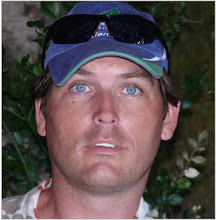

Ever considered learning Bulgarian? What about Maltese or Irish? When it comes to languages, the European Union offers plenty of choice: 23 official languages and more than 60 others widely used. But for all that linguistic diversity, only about half of EU citizens can hold a conversation in a second language. And that's a big problem in today's global economy.
A new policy paper from the European Commission calls for an EU-wide approach that starts from the position that learning other languages is a lifelong process – not one that ends with school. The goal is to create opportunities to learn languages later in life, in vocational and continuing education programmes, for example. Ideally Europeans would learn at least two languages besides their mother tongue. Foreign language skills are vital to a cutting-edge economy. According to an EU-commissioned study, many small and mid-sized firms are losing business because of communication barriers. Recruiters say they have a hard time filling jobs requiring foreign language skills.
The demand isn't just for English. With companies doing business around the world, there's a growing need for other languages, including Russian and German (for Eastern Europe), French (Africa) and Spanish (Latin America). Within the EU, the problem has become more pressing with the addition of 12 new member countries in recent years – more than doubling the number of official languages.
To promote the learning of foreign languages and the art of communicating between them, this year the European Commission is holding a translation contest for 17-year-olds. Any secondary school in Europe can apply - by registering by October 20th. Shortly afterwards, the schools that will participate in the contest will be randomly selected by the Commission. By November 12th, the selected schools must submit the names of up to four pupils, together with the language pairs they have chosen for the contest. The pupils are free to choose any pair from among the EU's 23 official languages. For best results, however, professional translators normally translate into their mother tongue or strongest language (the one they feel most comfortable in). The translations will be evaluated by professional translators at the European Commission and the winners invited to Brussels in 2009 for an award ceremony where they can meet each other as well as some of the EU translators.
More information at;
http://ec.europa.eu/translation/contest/









